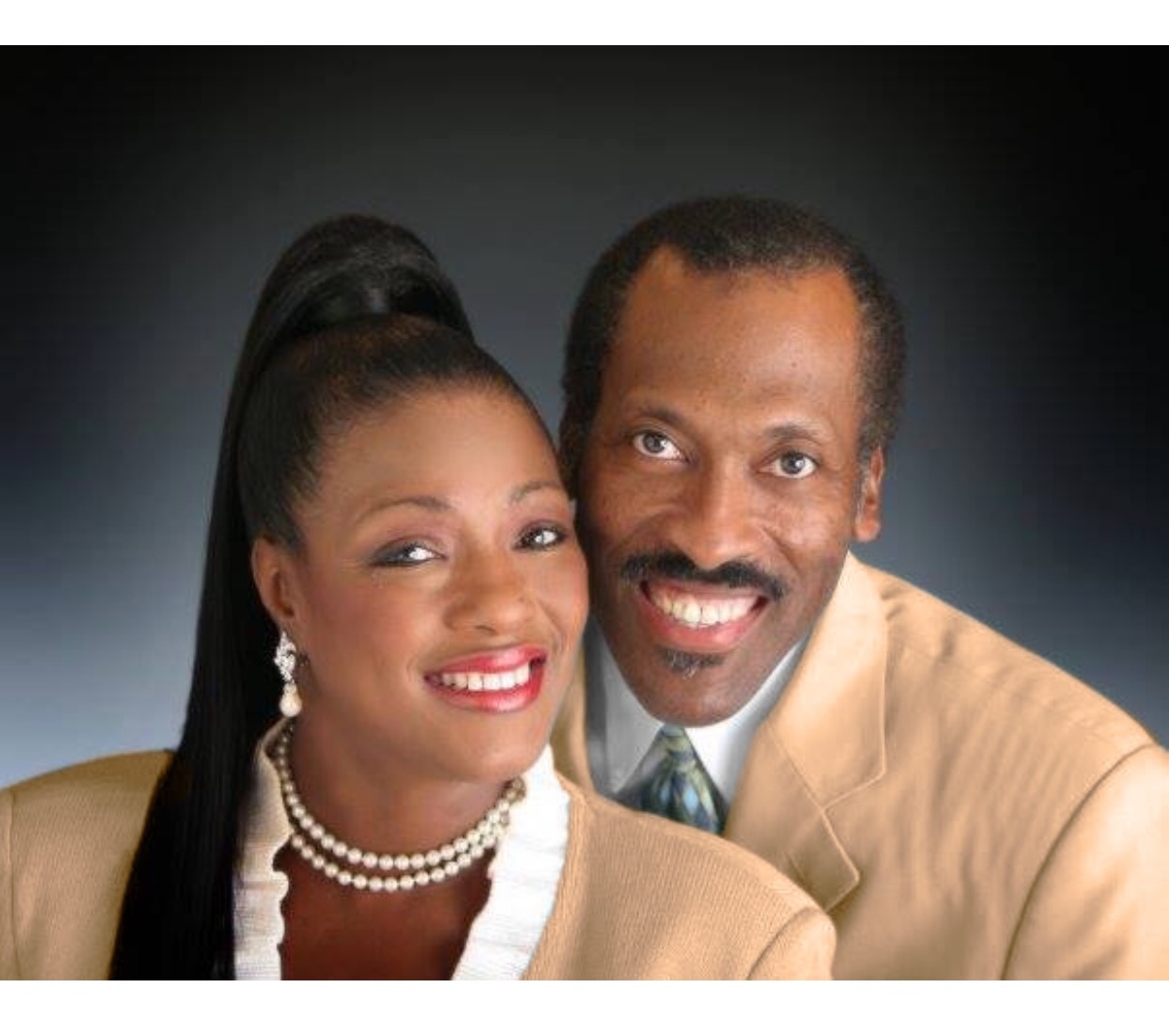
www.nami.org
African Americans are no different when its comes to prevalence of mental health conditions when compared to the rest of the population. However, your concerns or experiences and how you understand and cope with these conditions may be different.
This page focuses on how mental health affects the African American community so that you know how to find help.
Why Does Mental Health Matter?
Without mental health we cannot be healthy. Any part of the body—including the brain—can get sick. We all experience emotional ups and downs from time to time caused by events in our lives. Mental health conditions go beyond these emotional reactions to specific situations. They are medical conditions that cause changes in how we think and feel and in our mood. These changes can alter your life because they make it hard to relate to others and function the way you used to. Without proper treatment, mental health conditions can worsen and make day-to-day life hard.
If you feel you or a loved one might be experiencing a mental health condition, remember that these are biological brain disorders. Anyone can develop a mental health problem. It isn’t your fault or your family’s fault. Seeking treatment can help you live a fulfilled life and can strengthen you and your family for the future.
How Do Mental Health Conditions Affect the African American Community?
Although anyone can develop a mental health problem, African Americans sometimes experience more severe forms of mental health conditions due to unmet needs and other barriers. According to the Health and Human Services Office of Minority Health, African Americans are 20% more likely to experience serious mental health problems than the general population. Common mental health disorders among African Americans include:
- Major depression
- Attention deficit hyperactivity disorder (ADHD)
- Suicide, among young African American men
- Posttraumatic stress disorder (PTSD), because African Americans are more likely to be victims of violent crime
African Americans are also more likely to experience certain factors that increase the risk for developing a mental health condition:
- Homelessness. People experiencing homelessness are at a greater risk of developing a mental health condition. African Americans make up 40% of the homeless population.
- Exposure to violence increases the risk of developing a mental health condition such as depression, anxiety and post-traumatic stress disorder. African American children are more likely to be exposed to violence than other children.
Issues to Consider
Different reasons prevent African Americans from seeking treatment and receiving quality care.
Lack of Information and Misunderstanding about Mental Health
In the African American community, many people misunderstand what a mental health condition is and don’t talk about this topic. This lack of knowledge leads many to believe that a mental health condition is a personal weakness or some sort of punishment from God. African Americans may be reluctant to discuss mental health issues and seek treatment because of the shame and stigma associated with such conditions.
Many African Americans also have trouble recognizing the signs and symptoms of mental health conditions, leading to underestimating the effects and impact of mental health conditions. Some may think of depression as “the blues” or something to snap out of.
Because of the lack of information about mental health issues, it’s not always clear where to find help when you may need it. Fortunately, you came to the right place to learn about what mental health conditions are and how to access treatments and supports.
Don’t let fear of what others may think prevent you or a loved one from getting better. One in 5 people is affected by mental illness. This means that, even if we don’t talk about it, most likely we have one of these illnesses or know someone who does.
Faith, Spirituality and Community
In the African American community, family, community and spiritual beliefs tend to be great sources of strength and support. However, research has found that many African Americans rely on faith, family and social communities for emotional support rather than turning to health care professionals, even though medical or therapeutic treatment may be necessary.
Faith and spirituality can help in the recovery process but should not be the only option you pursue. If spirituality is an important part of your life, your spiritual practices can be a strong part of your treatment plan. Your spiritual leaders and faith community can provide support and reduce isolation. Be aware that sometimes faith communities can be a source of distress and stigma if they are misinformed about mental health or do not know how to support families dealing with these conditions.
Do rely on your family, community and faith for support, but you might also need to seek professional help.
Reluctance and Inability to Access Mental Health Services
Only about one-quarter of African Americans seek mental health care, compared to 40% of whites. Here are some reasons why:
- Distrust and misdiagnosis. Historically, African Americans have been and continue to be negatively affected by prejudice and discrimination in the health care system. Misdiagnoses, inadequate treatment and lack of cultural competence by health professionals cause distrust and prevent many African Americans from seeking or staying in treatment.
- Socio-economic factors play a part too and can make treatment options less available. According to the U.S. Census Bureau, as of 2012, 19% of African Americans had no form of health insurance. The Affordable Care Act is making it easier and more affordable to get insured.
- Lack of African American mental health professionals. Only 3.7% of members in the American Psychiatric Association and 1.5% of members in the American Psychological Association are African American.
Medications
Some studies indicate that African Americans metabolize many medications more slowly than the general population yet are more likely to receive higher dosages. This may result in a greater chance of negative side-effects and a decreased likelihood of sticking with treatment.
Provider Bias and Inequality of Care
Conscious or unconscious bias from providers and lack of cultural competence result in misdiagnosis and poorer quality of care for African Americans.
African Americans, especially women, are more likely to experience and mention physical symptoms related to mental health problems. For example, you may describe bodily aches and pains when talking about depression. A health care provider who is not culturally competent might not recognize these as symptoms of a mental health condition. Additionally, men are more likely to receive a misdiagnosis of schizophrenia when expressing symptoms related to mood disorders or PTSD.
Given this bias and the negative impact they have on our care, it is easy to understand why so many African Americans mistrust health professionals in general and avoid accessing care. While you have a reason to doubt whether professionals will mistreat you or not, don’t let this fear prevent you from seeking care. The section below gives ideas on how to find the right provider for you.
Finding the Right Provider for You
Cultural Competence in Service Delivery
Culture—a person’s beliefs, norms, values and language—plays a key role in every aspect of our lives, including our mental health. Cultural competence is a doctor’s ability to recognize and understand the role culture (yours and the doctor’s) plays in treatment and to adapt to this reality to meet your needs. Unfortunately, research has shown lack of cultural competence in mental health care. This results in misdiagnosis and inadequate treatment. African Americans and other multicultural communities tend to receive poorer quality of care.
However, you can improve your odds of getting culturally sensitive care.
While we recommend you go directly to a mental health professional because this is their area of expertise, if you do not feel comfortable right away, a primary care doctor is a great place to start. The primary care doctor might be able to start the assessment to determine if you have a mental health condition or help refer you to a mental health professional.
Unfortunately, while you may prefer finding an African American mental health professional, this is not often possible because there are a small percentage of African American providers. The good news is that professionals are increasingly required to learn how to effectively treat people from diverse backgrounds. However, as mentioned before, many providers still lack cultural competence and do not know how to effectively treat African Americans.
When meeting with your provider, ask questions to get a sense of their level of cultural sensitivity. Do not feel bad about asking questions. Providers expect and welcome questions from their patients since this helps them better understand you and what is important to you. Your questions give your doctor and health care team important information about you, such as your main health care concerns. Here are some questions you could ask:
- Have you treated other African Americans?
- Have you received training in cultural competence or on African American mental health?
- How do you see our cultural backgrounds influencing our communication and my treatment?
- How do you plan to integrate my beliefs and practices in my treatment?
Your mental health provider will play an important role in your treatment, so make sure you can work with this person and that you communicate well together. Mention your beliefs, values and cultural characteristics. Make sure that she understands them so that they can be considered in the course of your treatment. For example, mention whether you would like your family to be part of your treatment.
If finances are preventing you from finding help, contact a local health or mental health clinic or your local government to see what services you qualify for. You can find contact information online at findtreatment.samhsa.gov or by calling the National Treatment Referral Helpline at 800-662-HELP (4357).
Resources
NAMI’s Sharing Hope Program
Sharing Hope is an hour-long program to increase mental health awareness in African American communities by sharing the presenters’ journeys to recovery and exploring signs and symptoms of mental health conditions. The program also highlights how and where to find help.
Sharing Hope: An African American Guide to Mental Health provides mental health information in a sensitive manner through personal stories. Recovery is possible, and this booklet tells you where to find more information, seek help and be supportive. You can buy hard copies through the NAMI Bookstore.
– See more at: http://www.nami.org/Find-Support/Diverse-Communities/African-Americans#sthash.lk4e0N0Z.dpuf









